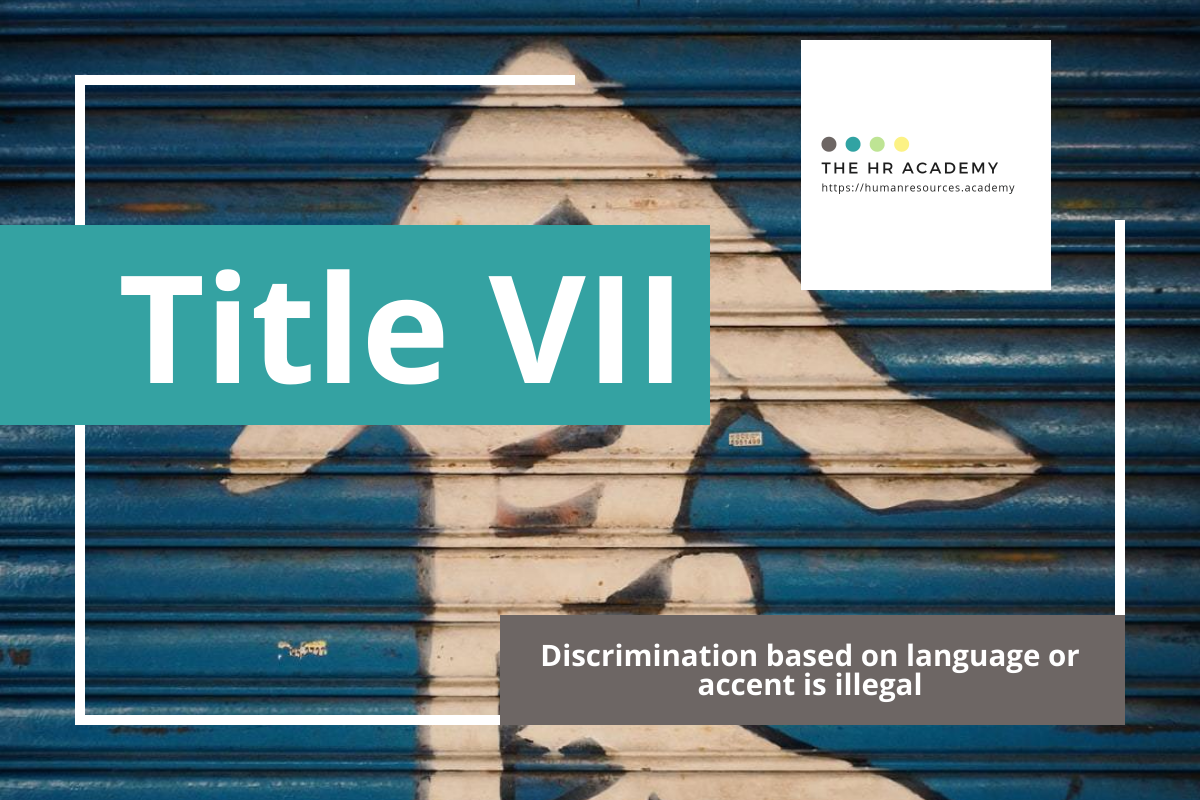How to Avoid Age Discrimination in Employment
Age discrimination is illegal under the ADEA for employees over 40 years of age. However, age cannot simply be a motivating factor in an adverse employment action. Age must be the primary, but for cause of the adverse action to show a violation of the ADEA.





